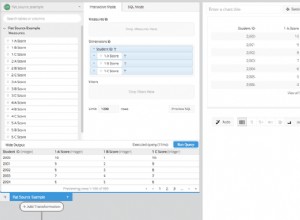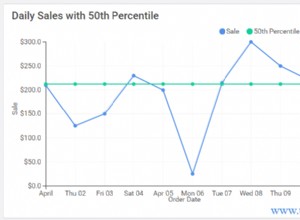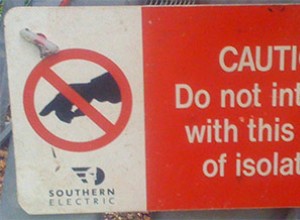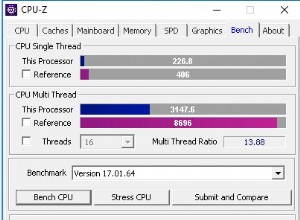Je préfère procéder ainsi :
- Création d'un convertisseur (convertisseur d'attributs) de Map à String et vice versa.
- Utilisation de Map pour mapper le type de colonne mysql JSON dans la classe de domaine (entité)
Le code est ci-dessous.
@Converter
public class JsonToMapConverter
implements AttributeConverter<String, Map<String, Object>>
{
private static final Logger LOGGER = LoggerFactory.getLogger(JsonToMapConverter.class);
@Override
@SuppressWarnings("unchecked")
public Map<String, Object> convertToDatabaseColumn(String attribute)
{
if (attribute == null) {
return new HashMap<>();
}
try
{
ObjectMapper objectMapper = new ObjectMapper();
return objectMapper.readValue(attribute, HashMap.class);
}
catch (IOException e) {
LOGGER.error("Convert error while trying to convert string(JSON) to map data structure.");
}
return new HashMap<>();
}
@Override
public String convertToEntityAttribute(Map<String, Object> dbData)
{
try
{
ObjectMapper objectMapper = new ObjectMapper();
return objectMapper.writeValueAsString(dbData);
}
catch (JsonProcessingException e)
{
LOGGER.error("Could not convert map to json string.");
return null;
}
}
}
...
@Column(name = "meta_data", columnDefinition = "json")
@Convert(attributeName = "data", converter = JsonToMapConverter.class)
private Map<String, Object> metaData = new HashMap<>();
...
Cette solution fonctionne parfaitement pour moi.




